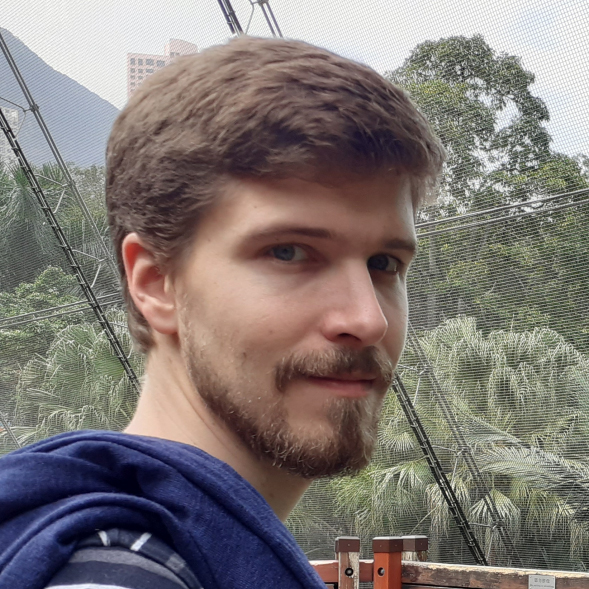
Meet Axel Ringh, a WASP Assistant Professor in AI/MATH at Chalmers and University of Gothenburg since 2021.
I am a WASP recruited Assistant Professor within AI/MATH.
It was a great opportunity, both in terms of joining one of Sweden’s best technical universities as a tenure-track assistant professor and having the possibility to join this fantastic network of excellent researchers that is WASP.
One of the biggest benefits, which is also one of the large challenges, is the width of topics tackled by WASP researchers. Such a network of excellent researchers gives ample opportunities to tackle interesting, important, and difficult research questions.
My research interests are in the intersection of applied mathematics and areas such as control theory, signal processing, inverse problems, and machine learning.
One of my interests is in computational optimal transport, especially the Sinkhorn iterations and its connections to other areas, as well as applications of optimal transport. The latter includes problems in formation control, state estimation for ensembles, dynamic flow problems, and various applications in machine learning.
On another topic, I am at the moment supervising an exciting master thesis project in the intersection of applied mathematics, machine learning, and inverse problems. In particular, we combined the power of machine learning, in terms of generative networks, with mathematically rigorous methods from both inverse problems and from Markov chain Monte Carlo, in an effort to improve image quality in image reconstruction tasks such as denoising, MRI, and CT.
My research is often concerned with method development. With these new methods, we can solve new problems, or problems that previously simply were too large/complex to solve, which enables progression in other areas. For example, I was recently involved in a project that used recent results from numerical optimal transport to develop a method for solving multi-commodity dynamic flow problems.